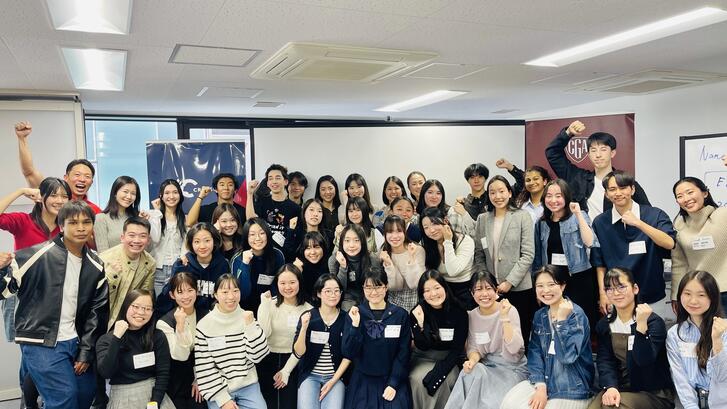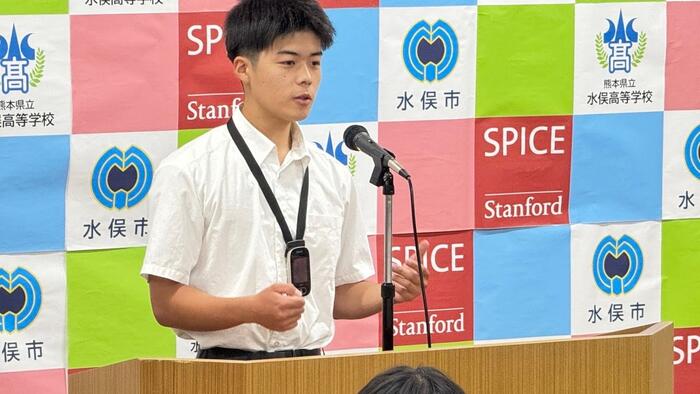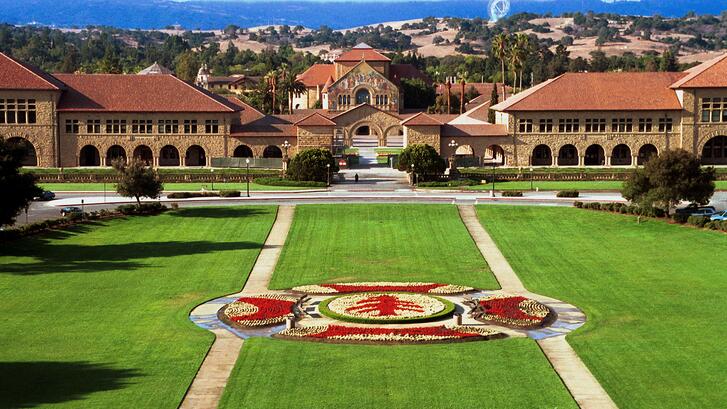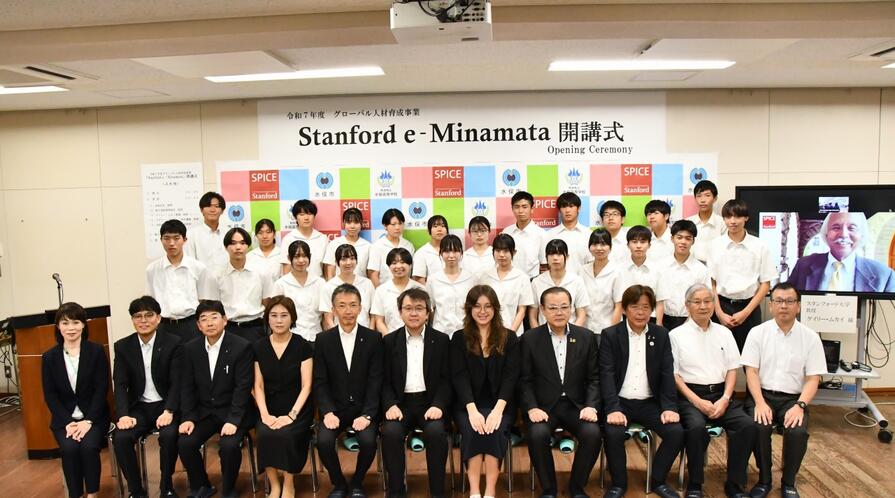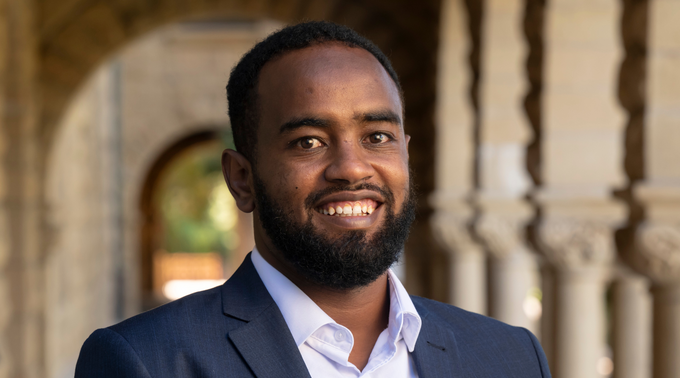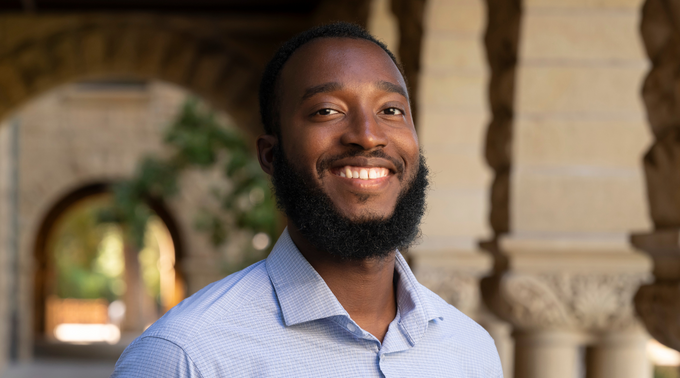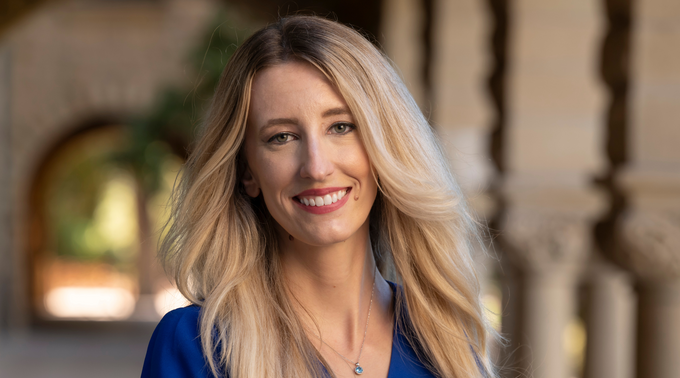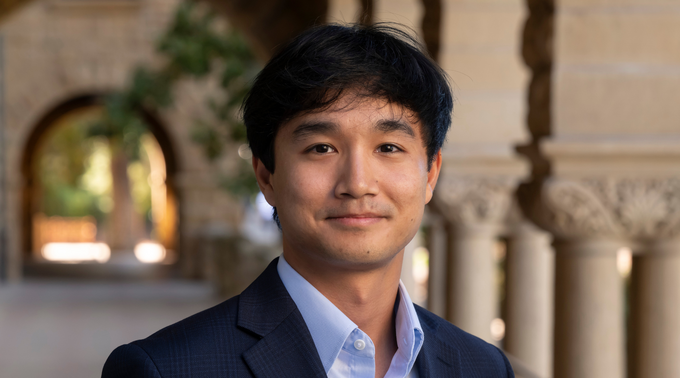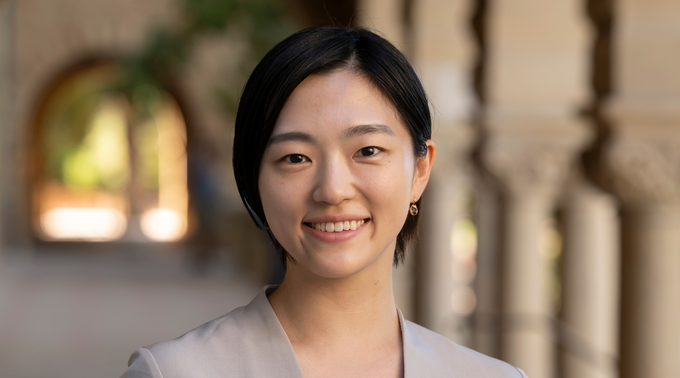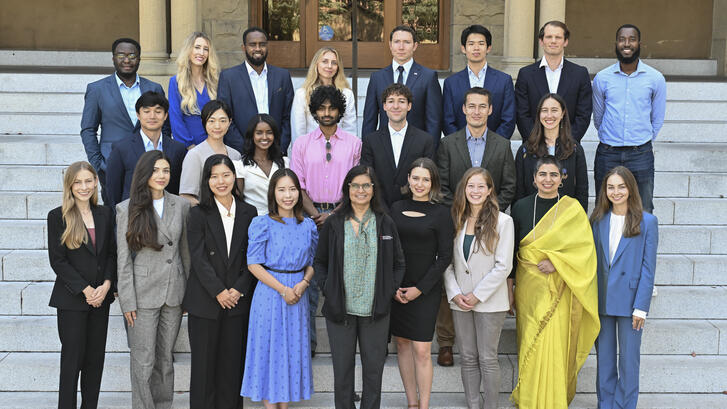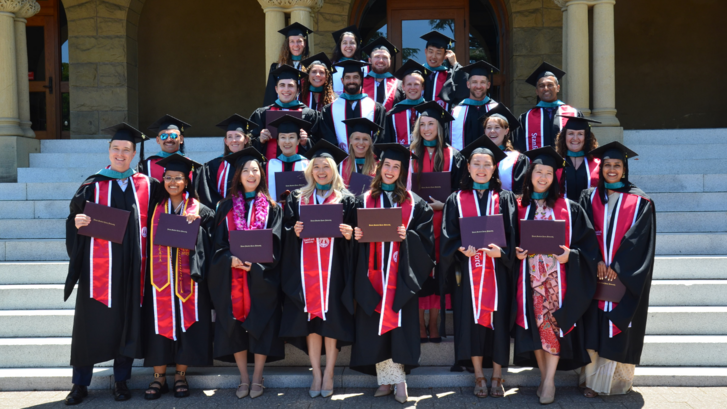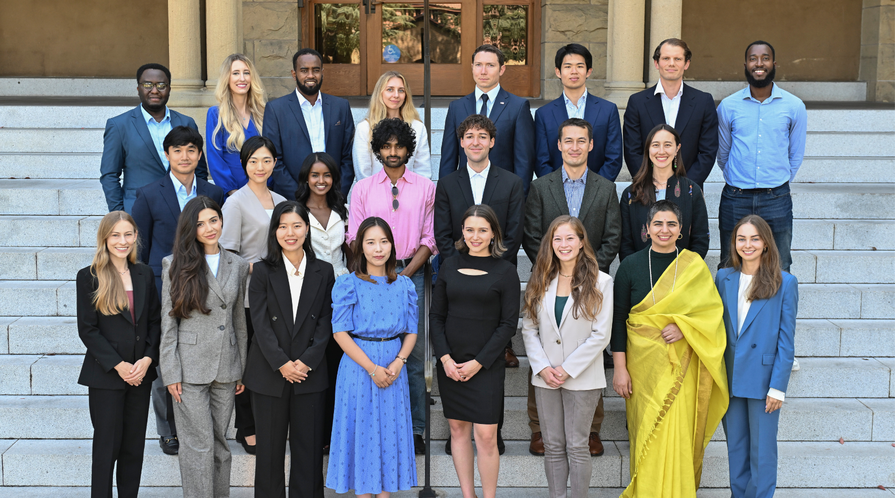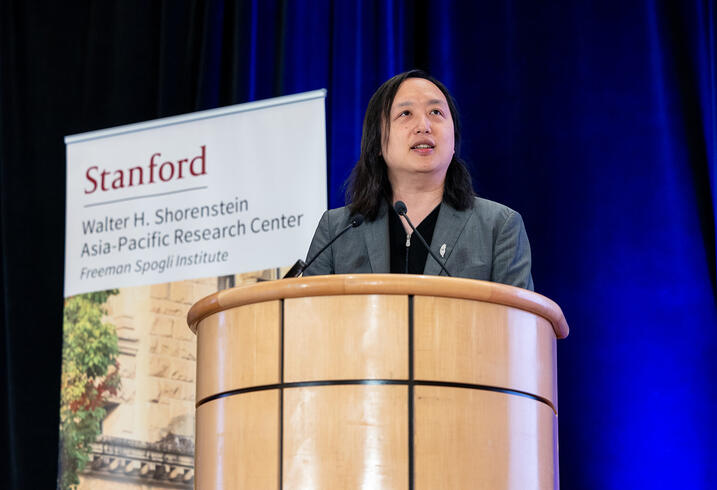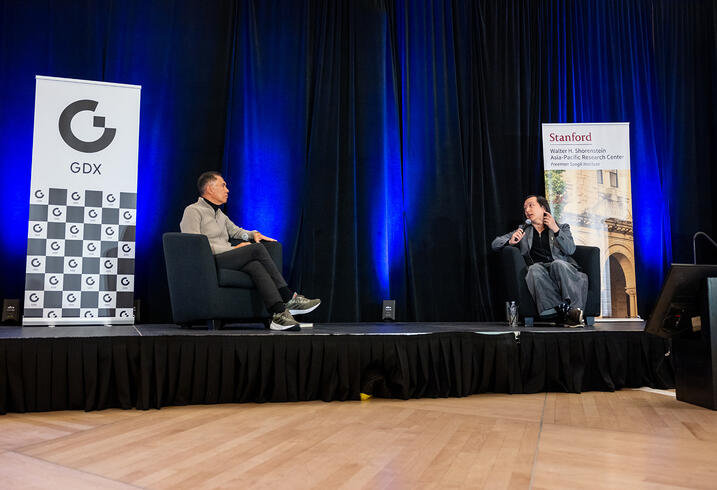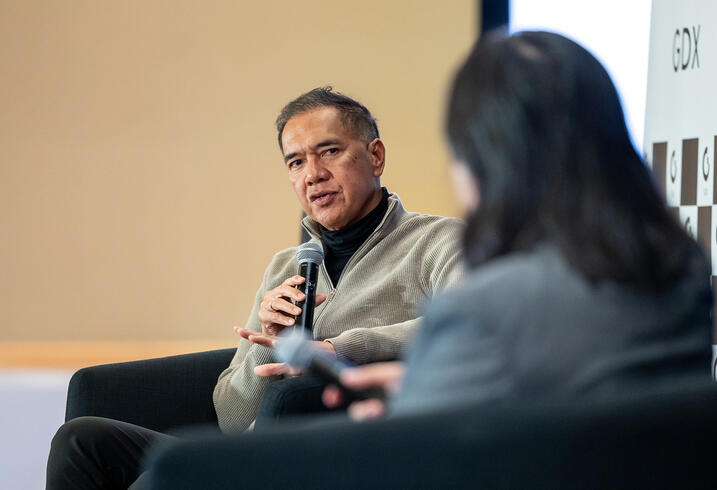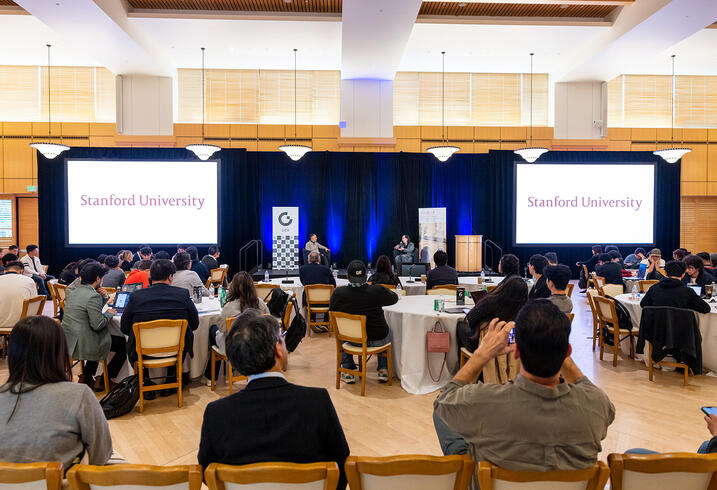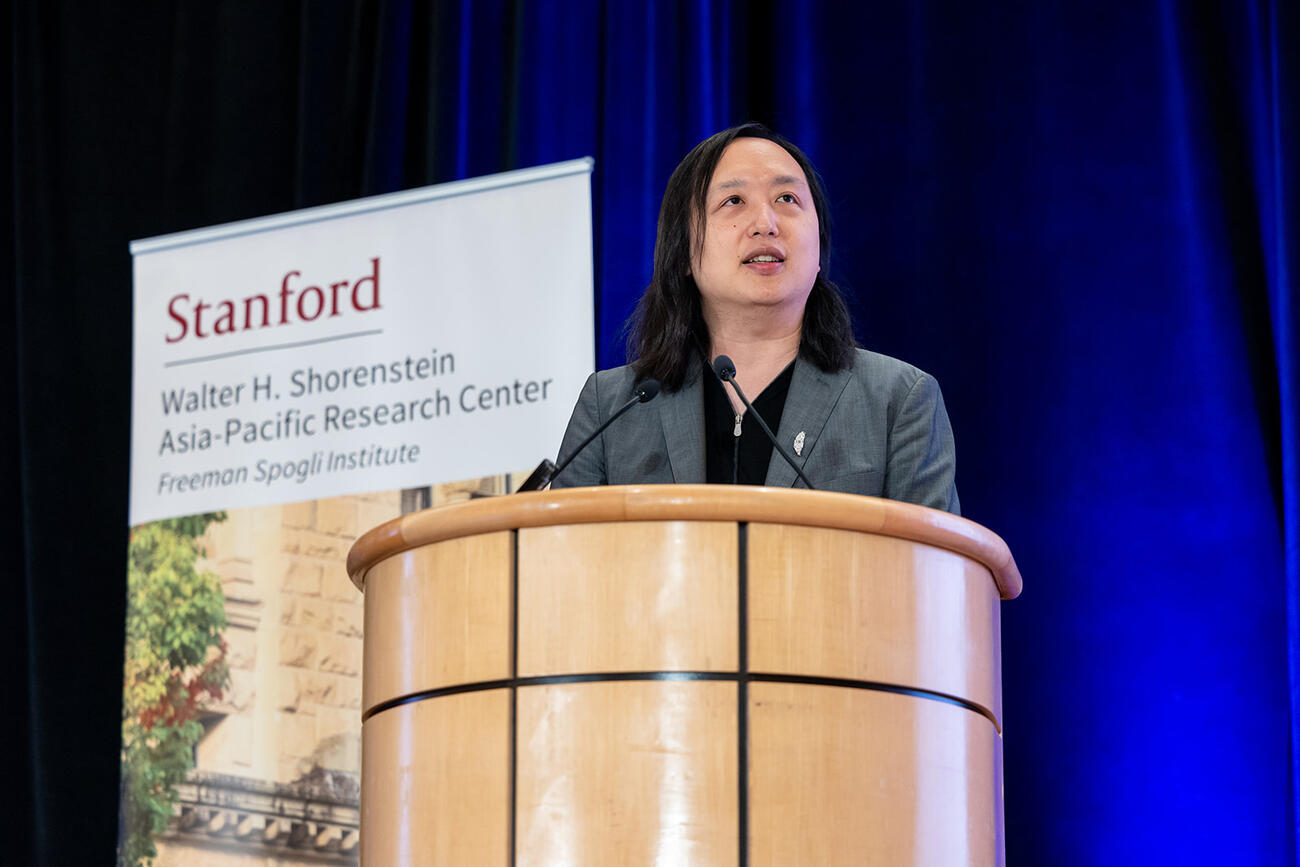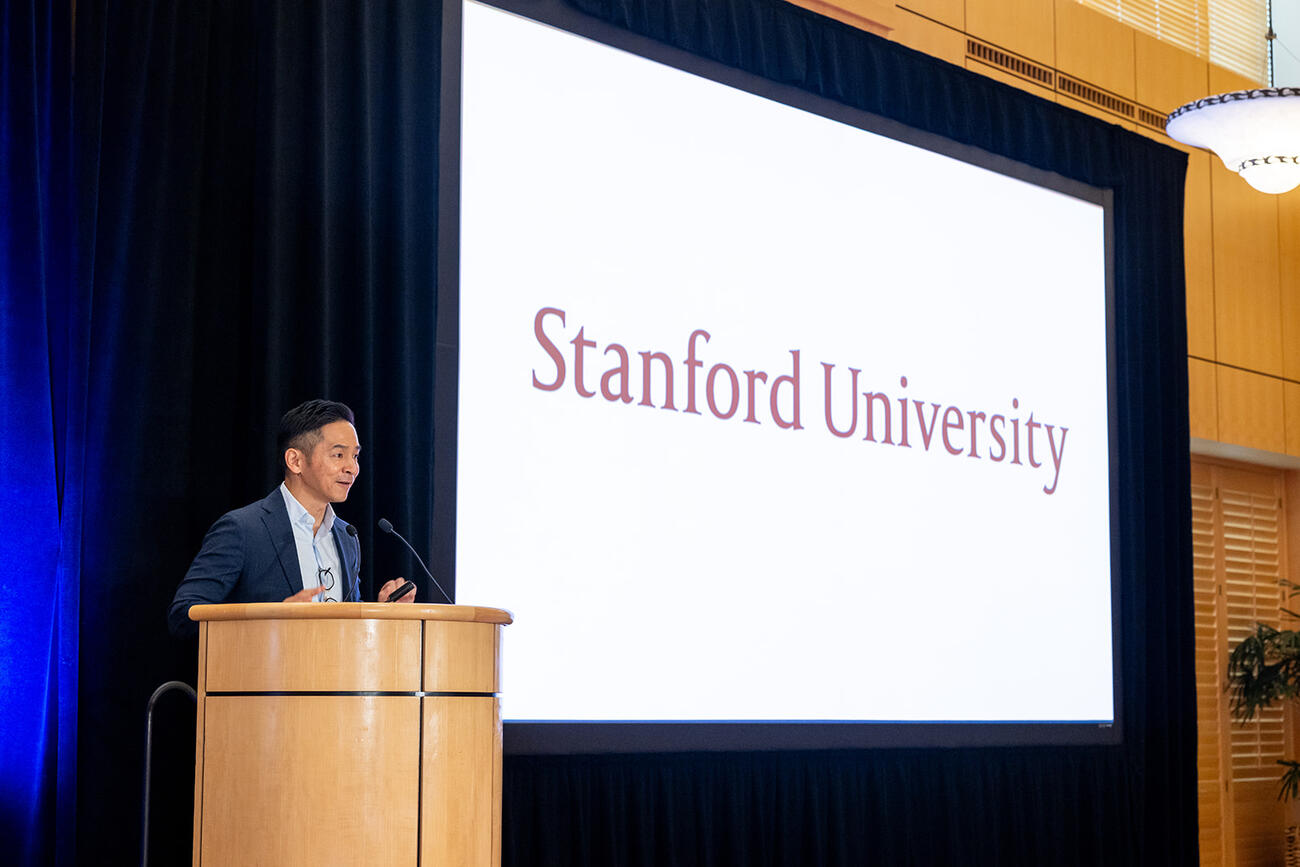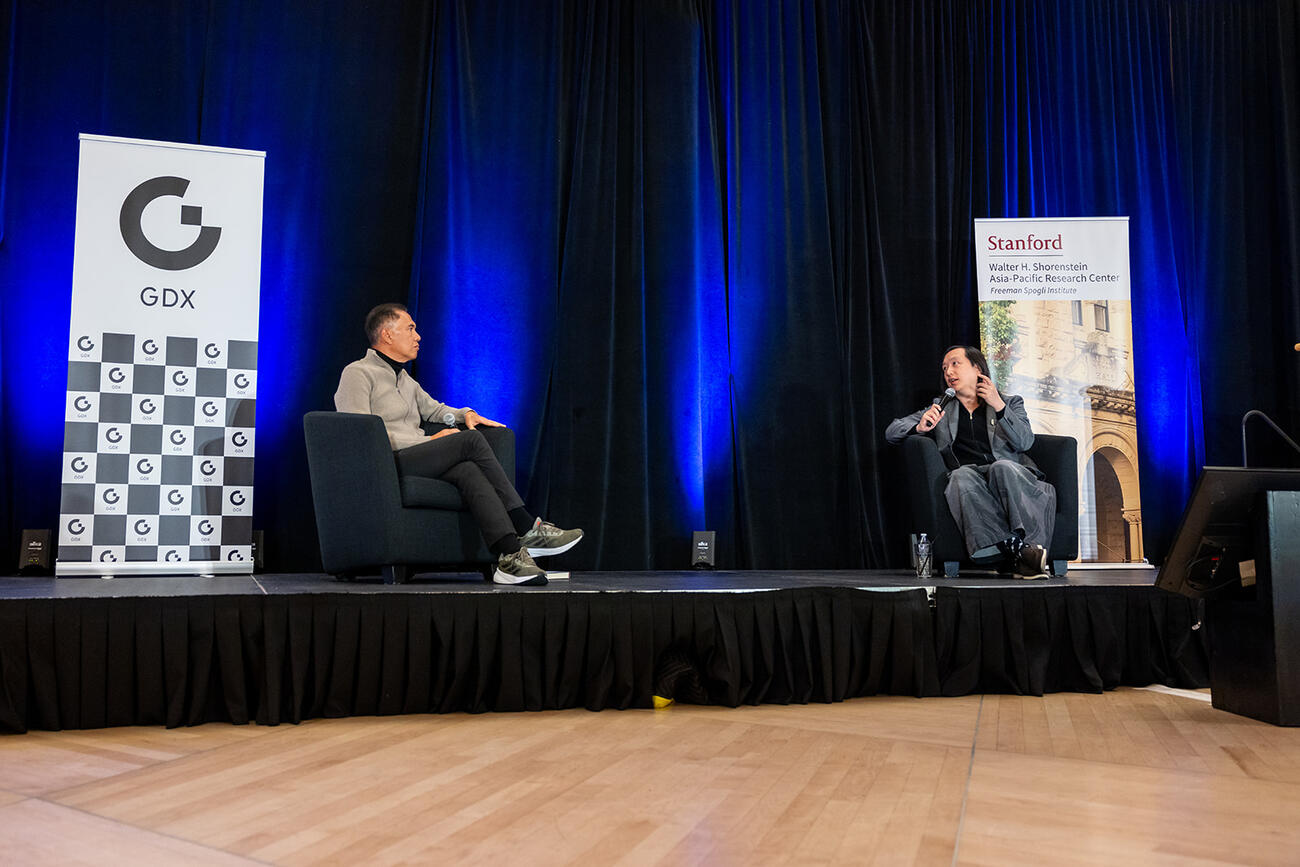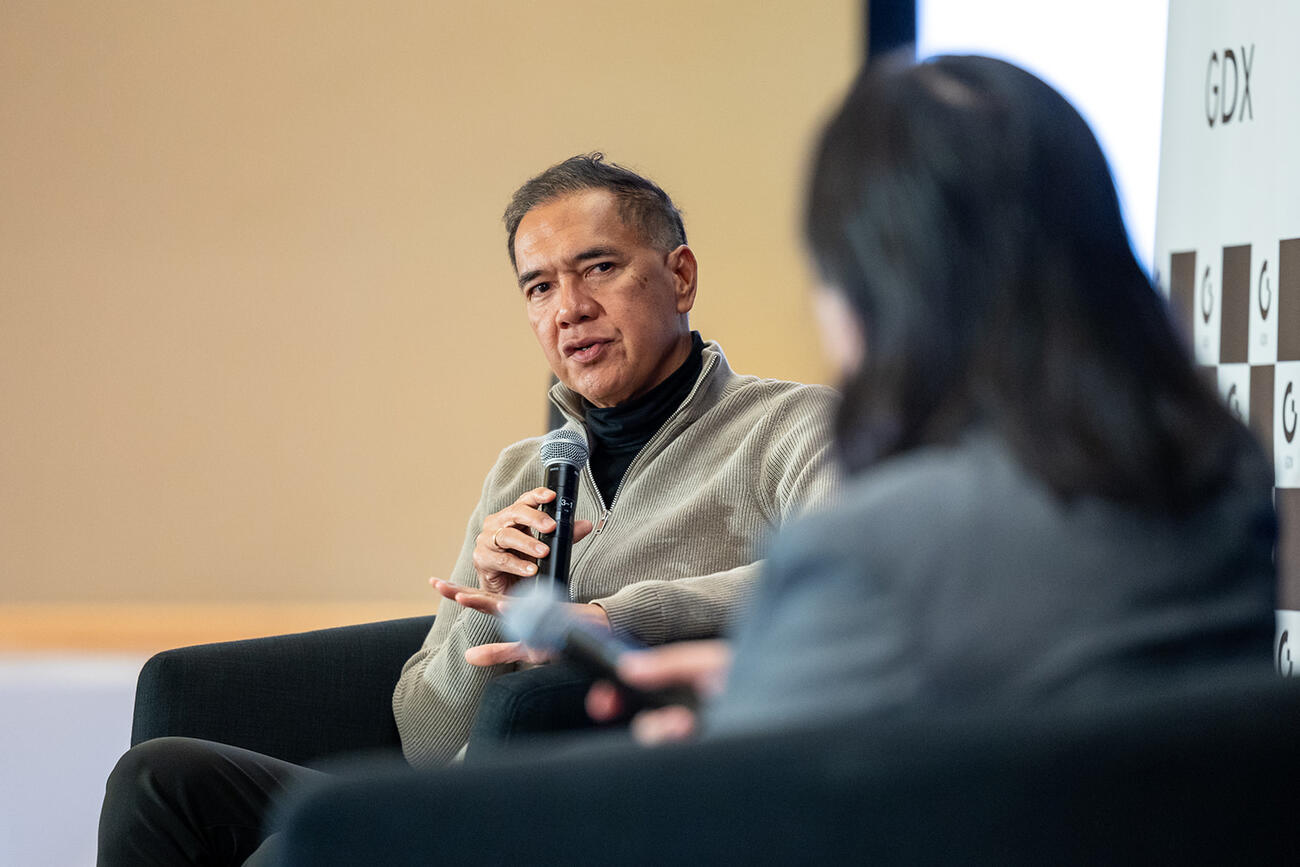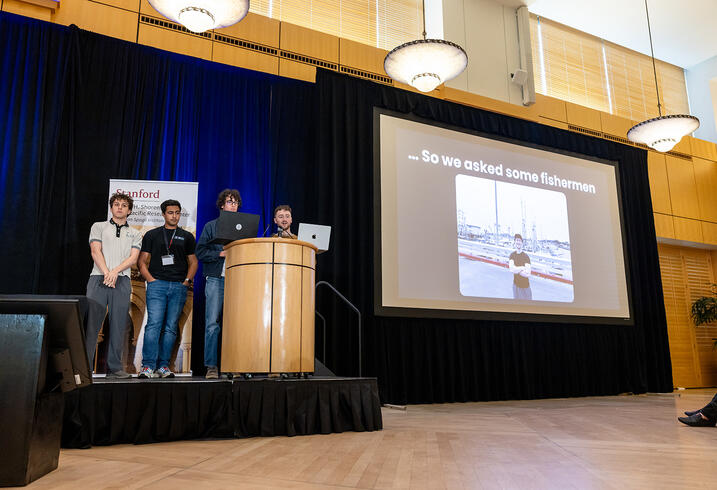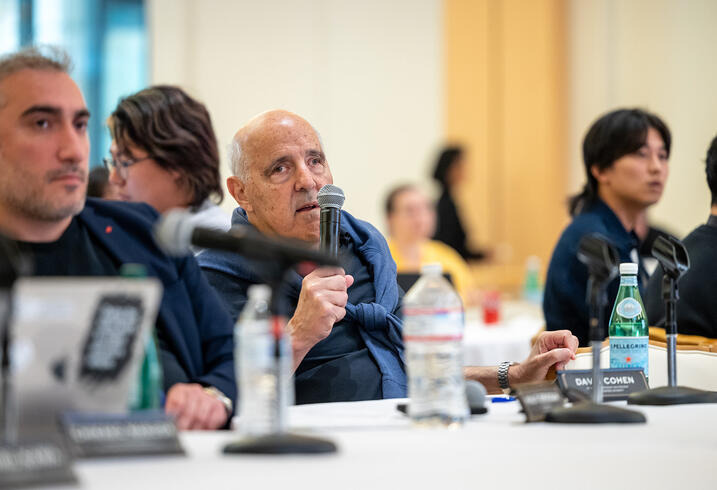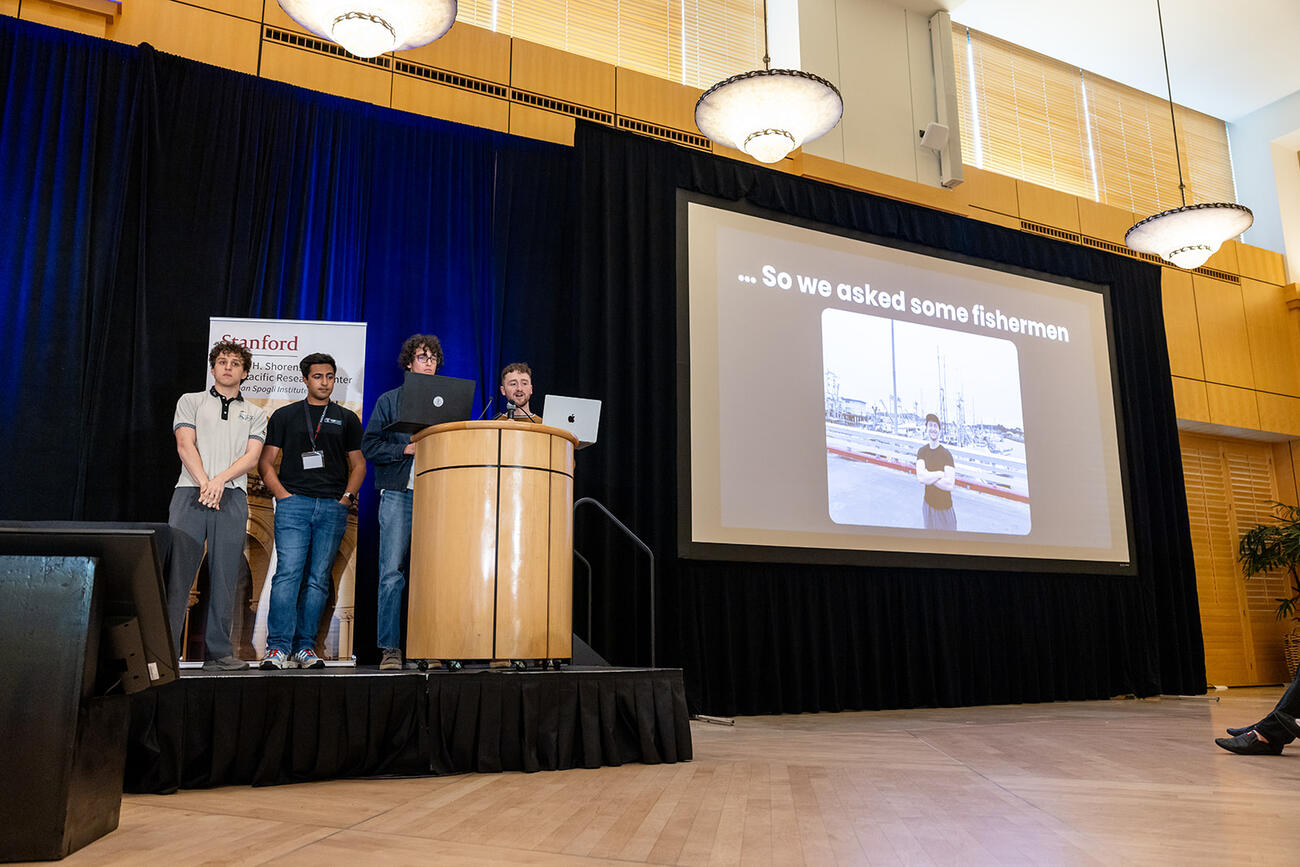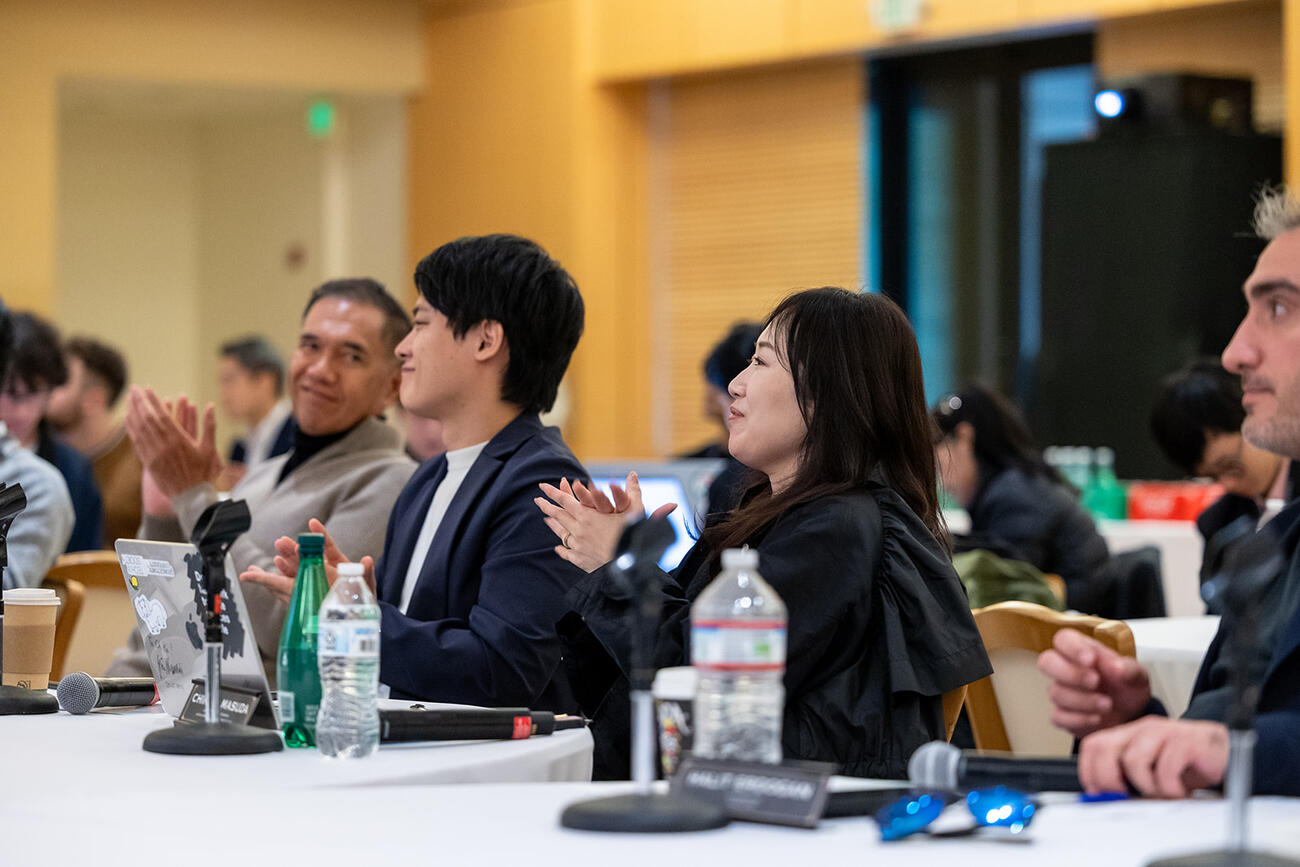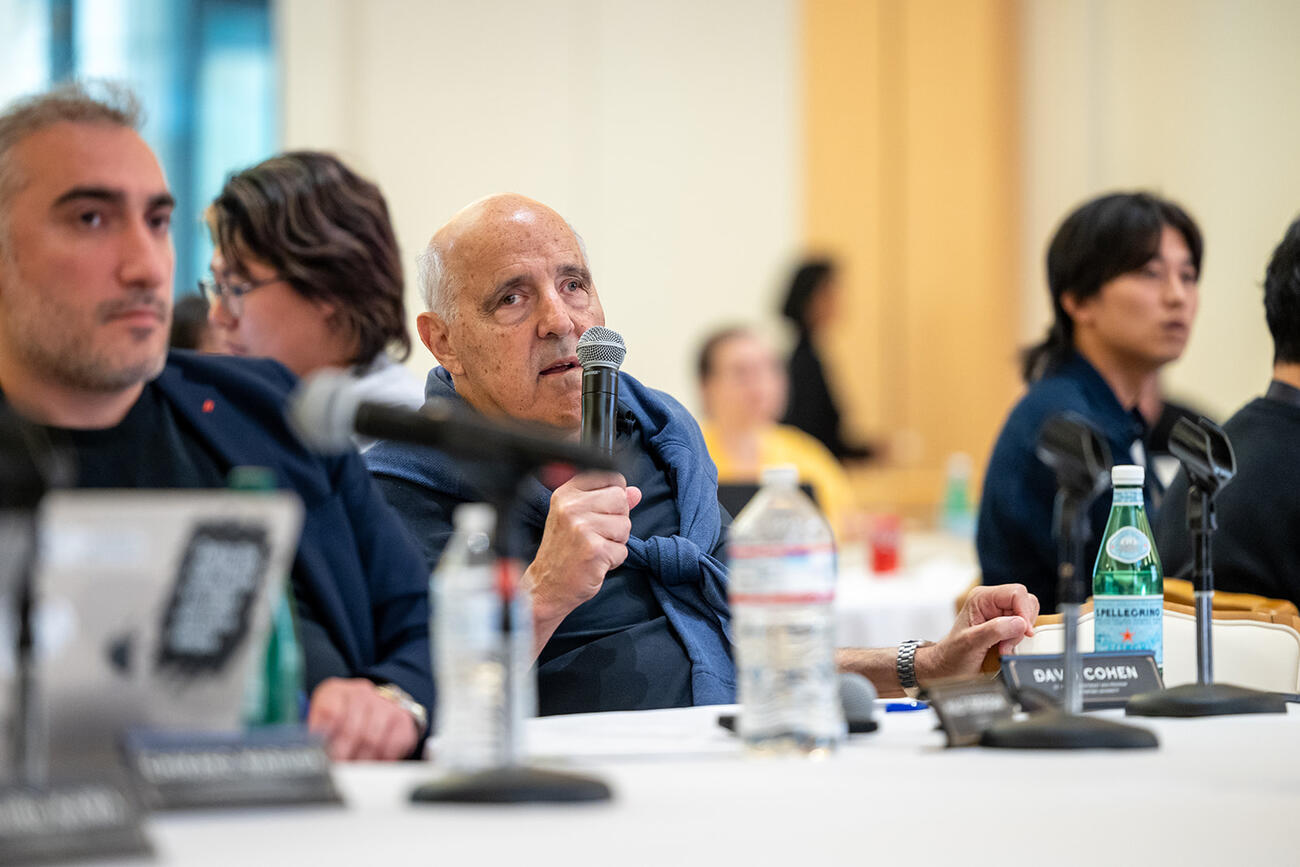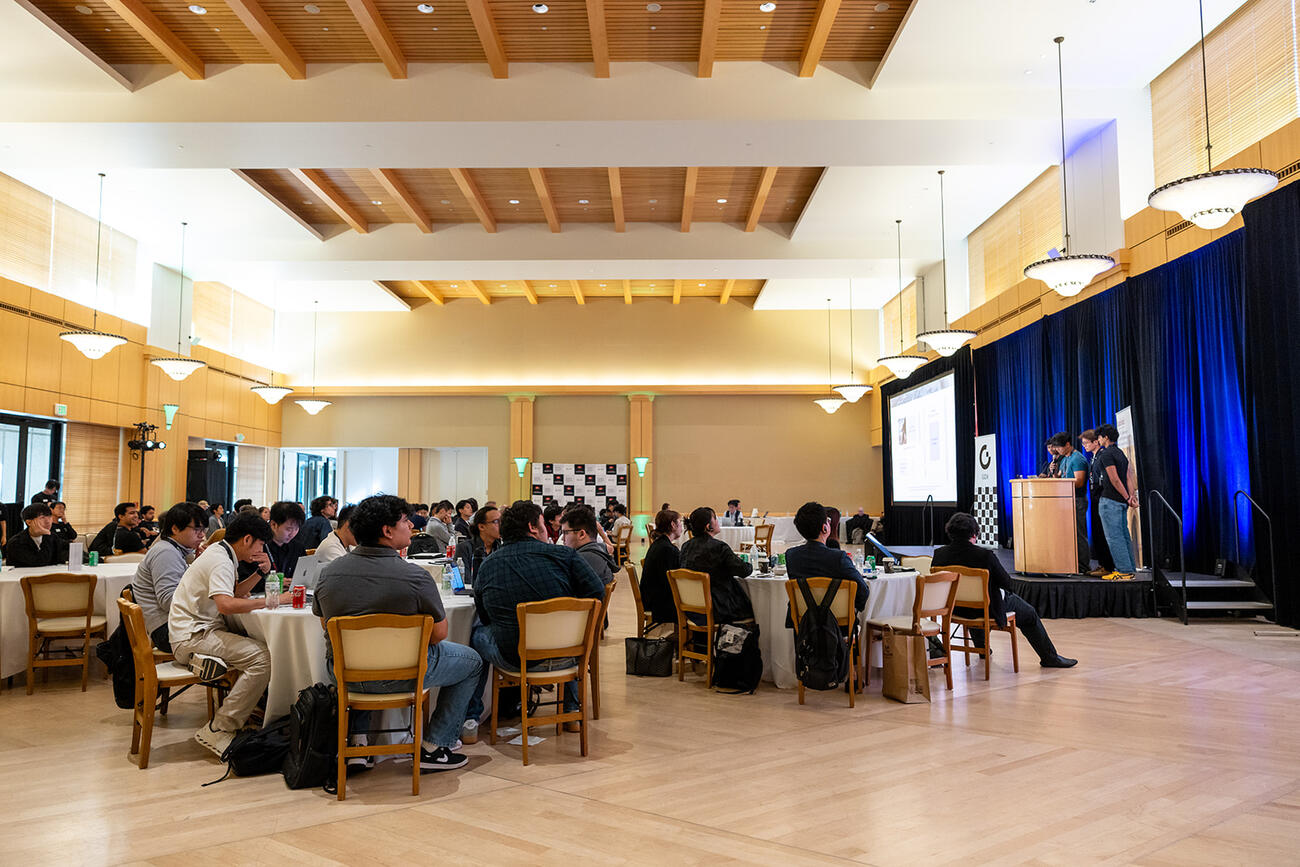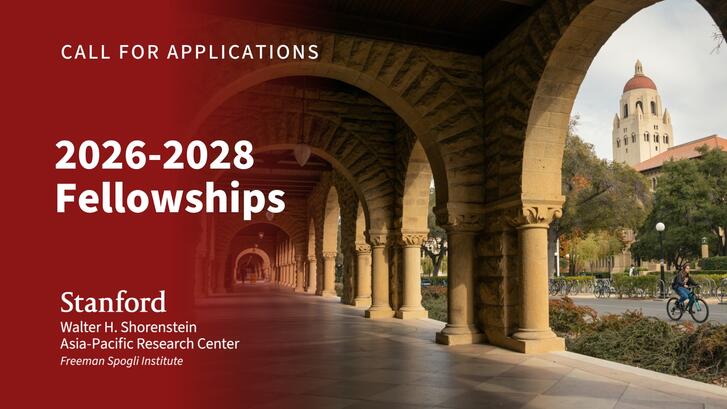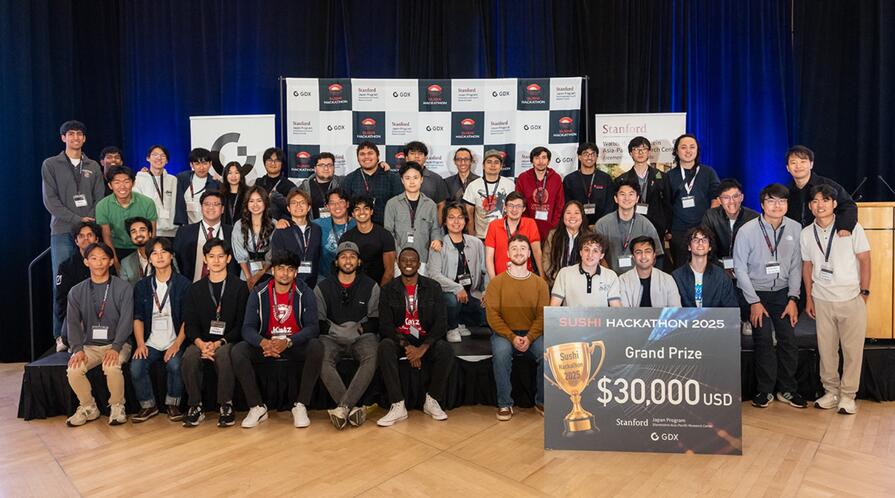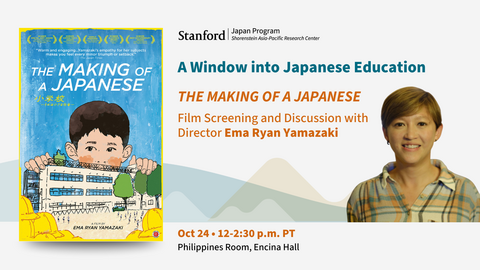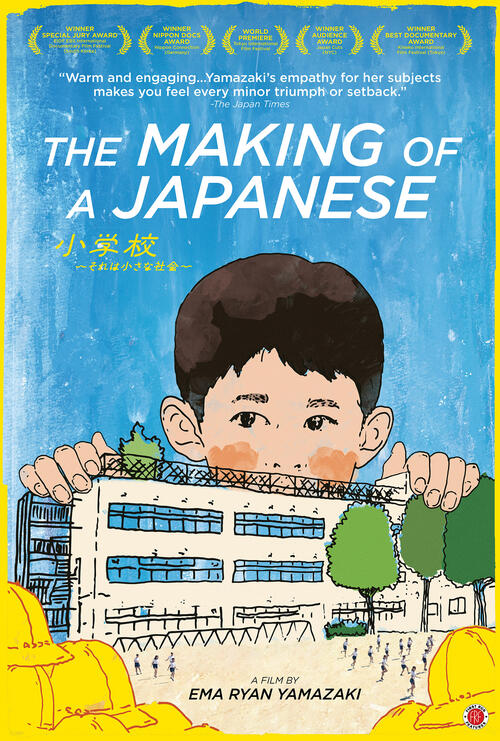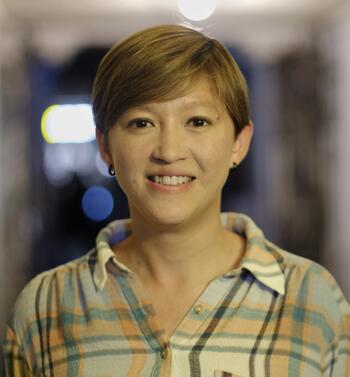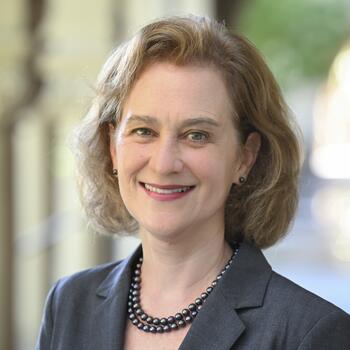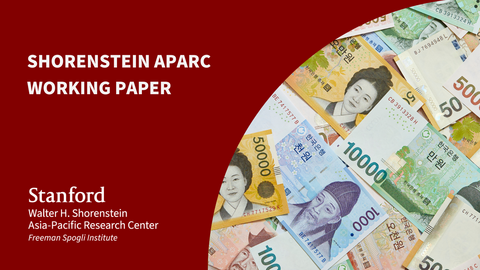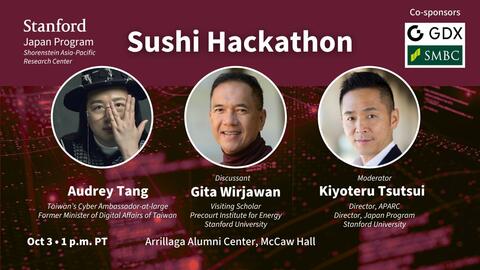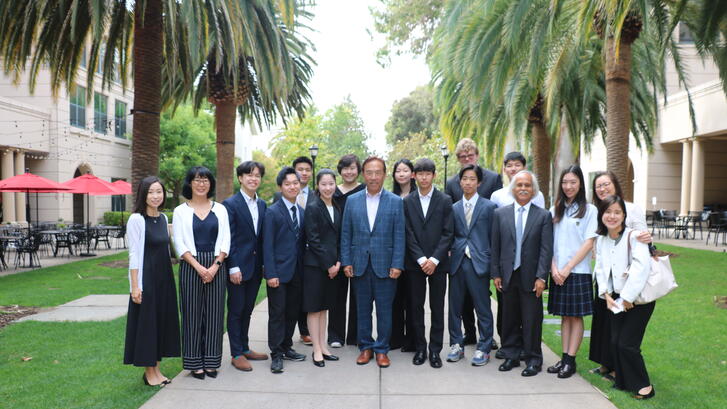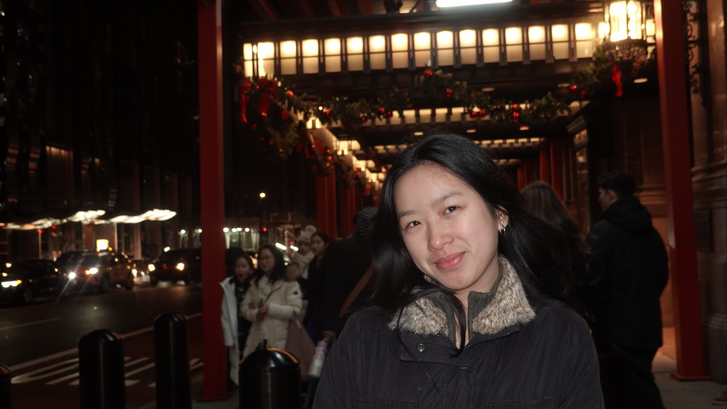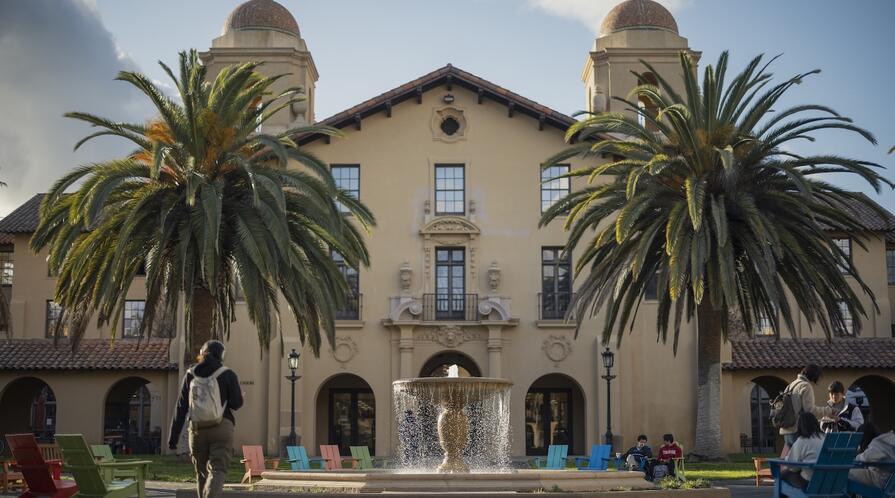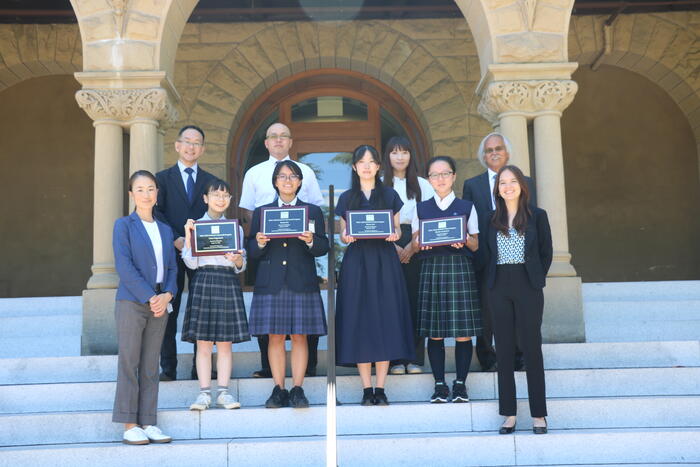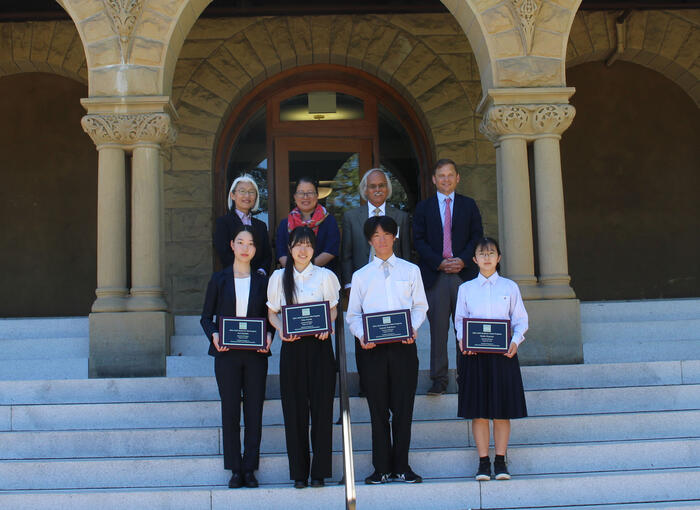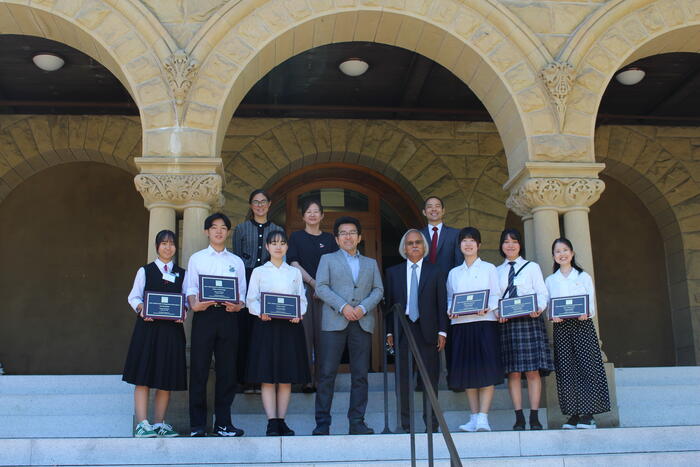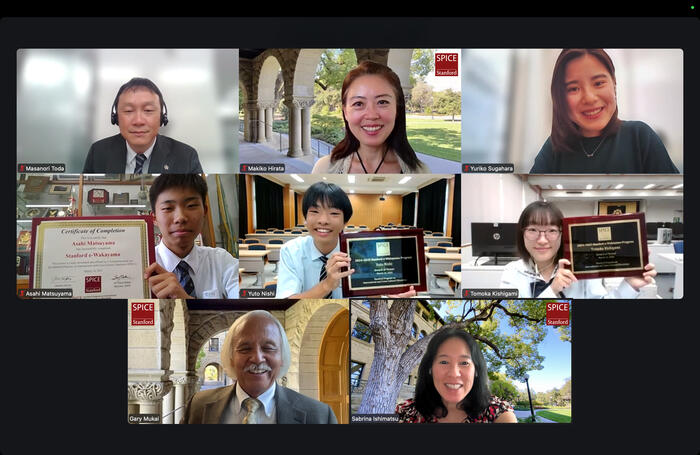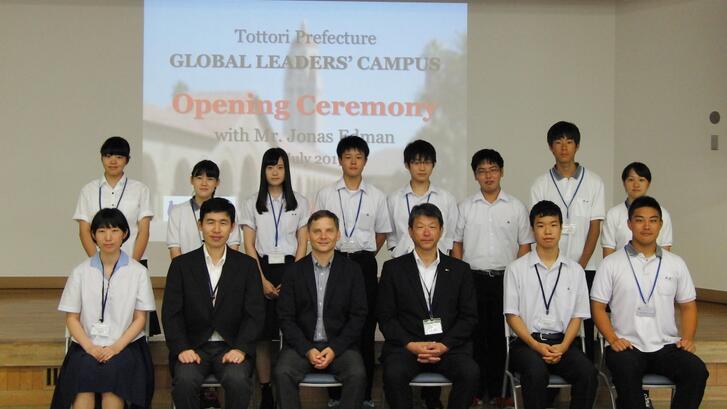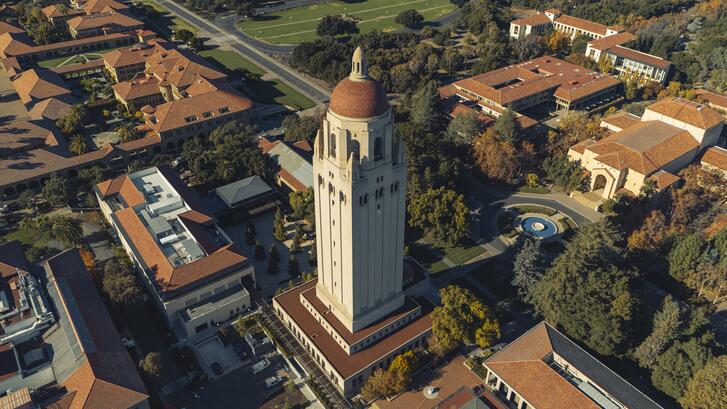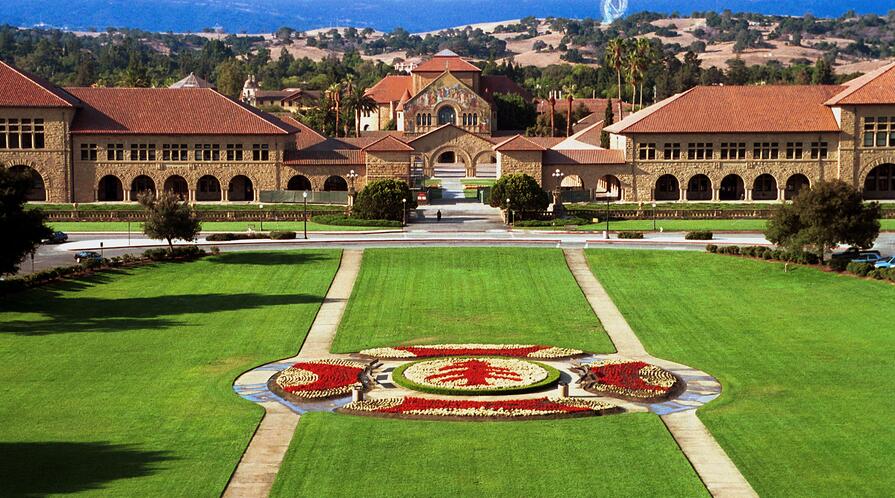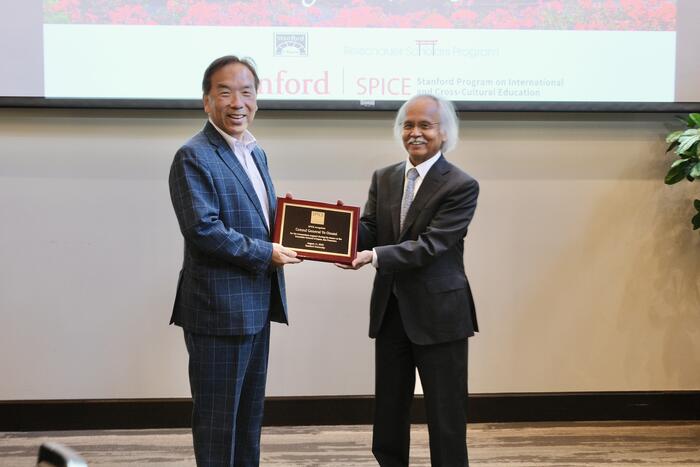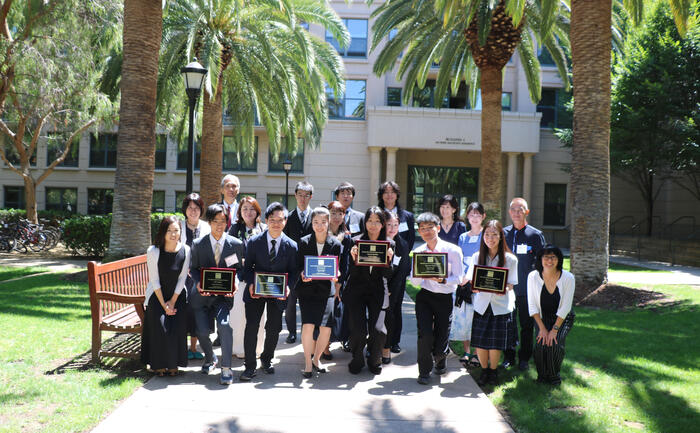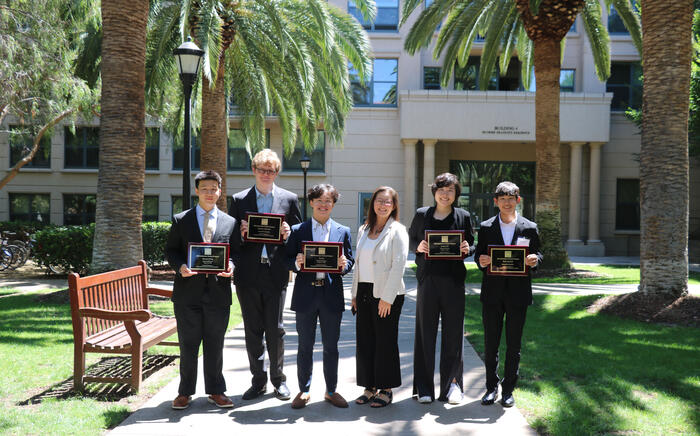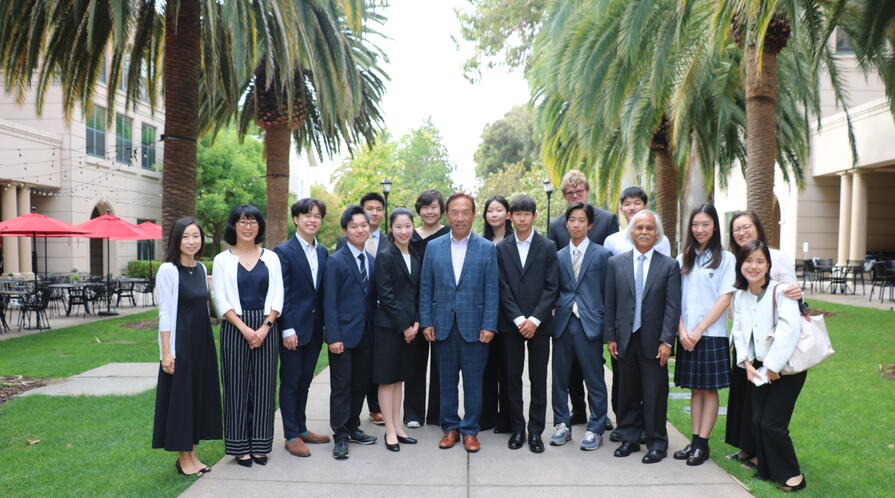Let’s Be the Strikers: Thoughts on the 2025 Teenage Business Contest Japan
The following reflection is a guest post written by Millie Gan, an alum of the Spring 2025 Stanford e-Entrepreneurship Japan Program. Earlier this year, Millie launched Teenage Business Contest Japan, a platform for encouraging social entrepreneurship among teens.
Japan is a place people love to visit, featuring bullet trains, temples, and sushi. Up close, I saw shrinking rural towns, an aging population, and customs fading from daily life. I wanted to do something that wasn’t just talk. The questions that kept coming up were: Who will have the creative ideas necessary to address these issues? And how can we best encourage and empower them?
This summer in Tokyo, the Teenage Business Contest Japan (TBCJ) 2025 invited high school students from across the country to develop business ideas that would help revitalize Japan’s communities. What started as a project organized by students evolved into a nationwide platform where young people could address problems that are typically left to politicians and businesses. As a participant in the Stanford e-Entrepreneurship Japan (SeEJ) program, I planned and built TBCJ in parallel with my SPICE coursework, applying classroom concepts—such as problem framing, rapid testing, and iteration—to real-world challenges.
SeEJ shaped the way I worked: start small, learn fast, and ship. I taught myself Python and JavaScript for websites and games, but for the contest I needed a different kind of tool. I used the Kotae.ai platform to launch TB-Chan, an AI helper on our website. Building it took minutes; training it took discipline. Every morning, I updated TB-Chan with new information—rules, schedules, government datasets, and simple “nudge” prompts—so students, media, and sponsors got instant, consistent answers. Without TB-Chan, we couldn’t have handled the volume of questions.
I was very thrilled that my SeEJ instructor and mentor, Dr. Makiko Hirata, presented the opening speech during the contest. Her message that young people can solve even the most complex challenges if they are given the chance set the tone for the day and encouraged everyone who was there. Getting TBCJ off the ground wasn’t glamorous. Working with government agencies entailed months of preparation; demonstrating impact to institutions demanded patience; securing funding from major companies required persistence. In the end, we raised over ¥3 million and built credibility the old-fashioned way: by delivering. The contest drew reporters—including from The Nikkei and the BBC—and more than 300 online articles followed. Importantly, the work didn’t end on stage. After the event, finalists began collaborating across schools and regions, and the University of Tokyo invited all four finalist teams into its WE AT CHALLENGE Business Program for coaching and potential funding.
A story about Japanese soccer guided me throughout. For years, there were few strikers—too risky, too exposed—until kids watched international players who took the shot. The talent was always there; what was missing was the example. On our stage, every finalist was a striker: a student who led without a guarantee. I also had to be one. Organizing a national contest as a teenager meant acting before certainty existed, and letting action create momentum.
That is the link between TBCJ and SPICE: SeEJ is not just theory; it is a bridge to action. It teaches you to listen carefully, test quickly, and improve openly. TBCJ proved that teens aren’t only future leaders—they are present-tense builders. With the right tools, data, mentors, and faith, young people can connect ideas to implementation and turn problems into opportunities.
The message I hope readers take away is simple: let’s be the strikers. Take the shot. Others will follow.
Stanford e-Entrepreneurship Japan is one of several online courses offered by SPICE.
To stay updated on SPICE news, join our email list and follow us on Facebook, X, and Instagram.
Read More
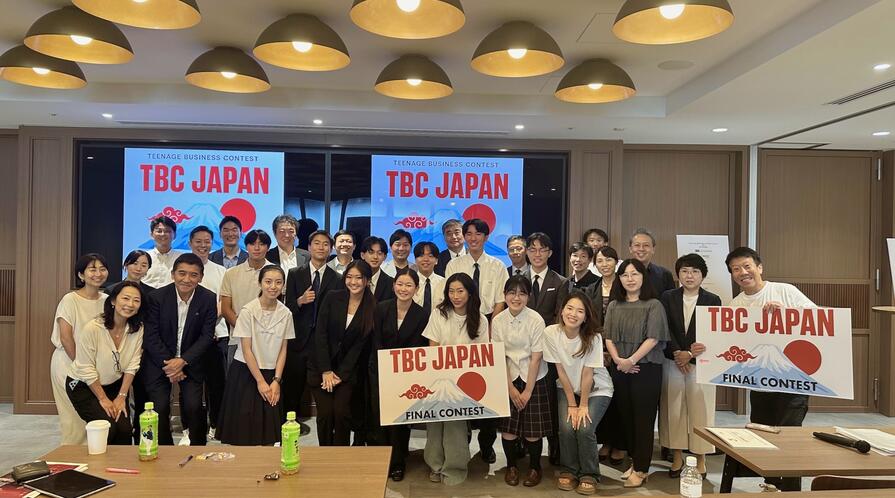
Millie Gan, an alum of Stanford e-Entrepreneurship Japan and founder of Teenage Business Contest Japan (TBCJ), reflects on building a platform that empowers teens to use entrepreneurship and innovation to revitalize Japan’s communities.

